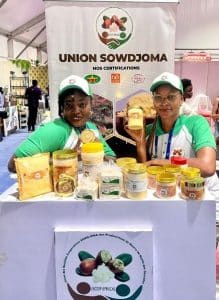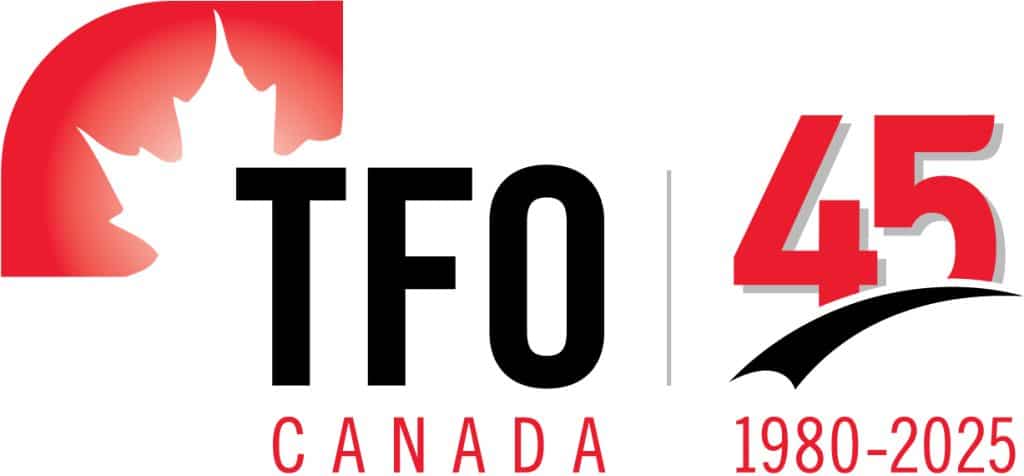 In 2013, Union Sowdjoma, a consortium of 12 women’s cooperatives, was established in the heart of the Cascades Region of Burkina Faso. With 1,017 women members, the Union has made significant strides in producing, processing, and marketing organic and fair-trade certified shea butter. Using traditional techniques passed down through generations, Union Sowdjoma has empowered the women members who have diverse roles within the Union, including harvesters, processors, packers, board members, supervisory personnel, and technical experts. ”The Union’s primary objective is to unite for the development and empowerment of its members” says Ms. Maïmouna Touré, Union Sowdjoma’s Commercial and Marketing Manager ”the members of Union Sowdjoma [who are 99% women], have been able to send their children to school and improve their living conditions thanks to their economic activity. Initially, there was resistance from men in their communities who did not understand the process. However, as men saw how much these women were contributing to the household, they became highly accepted and supported”.
In 2013, Union Sowdjoma, a consortium of 12 women’s cooperatives, was established in the heart of the Cascades Region of Burkina Faso. With 1,017 women members, the Union has made significant strides in producing, processing, and marketing organic and fair-trade certified shea butter. Using traditional techniques passed down through generations, Union Sowdjoma has empowered the women members who have diverse roles within the Union, including harvesters, processors, packers, board members, supervisory personnel, and technical experts. ”The Union’s primary objective is to unite for the development and empowerment of its members” says Ms. Maïmouna Touré, Union Sowdjoma’s Commercial and Marketing Manager ”the members of Union Sowdjoma [who are 99% women], have been able to send their children to school and improve their living conditions thanks to their economic activity. Initially, there was resistance from men in their communities who did not understand the process. However, as men saw how much these women were contributing to the household, they became highly accepted and supported”.
The Union is committed to protecting the environment and has been certified by ECOCERT. Their eco-friendly practices include reforestation, recycling production waste to create natural fire starters, and using low-emission fireplaces to control smoke emissions. They closely collaborate with the Ministry of Environment to monitor and regulate their environmental impact. The Union has been exporting their products since 2016. However, due to the COVID-19 pandemic, there was a significant decrease in orders from Europe. This led to a loss of 30-40% in revenue. Despite this setback, the Union was able to sell their finished products in national and regional markets, expanding their reach and finding new customers. As a result, the Union has been able to return 2022-2023 business to pre-pandemic levels.
As a beneficiary of the Women in Trade for Sustainable and Inclusive Growth project in Burkina Faso, the Union participated in export readiness training. “Before TFO Canada, the Union faced difficulties in accessing the Canadian market due to a lack of information and access to Canadian trade fairs. After the training, the Union realised that “Shea butter is less familiar in the Canadian market, and potential customers need to be made aware of it,” says Ms. Maïmouna Touré. Therefore, “we would like to participate in events to showcase our products” to Canadian and other international markets.
From September 29-October 8, 2023, the Union had the opportunity to participate in the SARA trade show in Abidjan, Ivory Coast. They met several buyers and secured orders worth CAD $85,730.00. The Union will be exporting to Ghana, Ivory Coast, and Germany. What is key to their success? For aspiring exporters, Ms. Maïmouna Touré, recommends “obtaining national and international certification, producing quality products, and complying with international packaging standards. It is advisable to start exporting small quantities as a test and then move on to larger exports. It is also important to have working capital or other complementary activities to compensate for any potential business standstills.” The Union aims to double the quantity of shea butter exported by 2025, from 80,000 tonnes to 160,000 tonnes.
TFO Canada is pleased to see the implementation of strategies provided during SME training, and to advance these SME’s access to international markets through trade fair participation. We are committed to gender equality through our work by creating sustainable business partnerships for exporters from developing countries. We would like to thank Ms. Maïmouna Touré, Union Sowdjoma, Commercial and Marketing Manager, for sharing their experiences.
